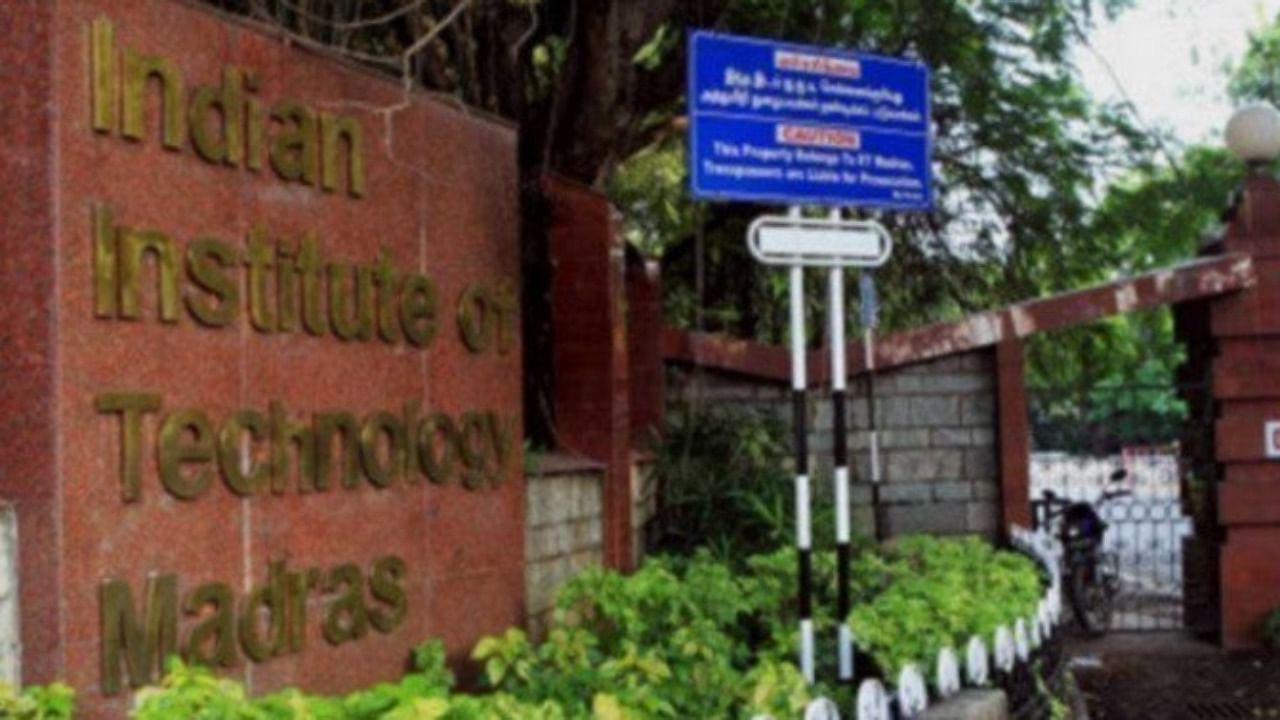
Plugzmart, an IIT-Madras incubated smart electric vehicle charger startup, has raised nearly Rs 4 crore in seed funding and plans to use the funds for research and development and ramping up production to meet the large “order pipeline” already in hand.
The development comes at a time the startup is targeting to deliver at least one million indigenously-designed and manufactured chargers in the next three years to make commuting more accessible and reduce dependency on imports in the electric vehicle sector
The funding of Rs 3.63 crore is led by early-stage VC BlueHill Capital and followed by investors such as Meera Reddy of SKCL, Kartik Meyyappan, L Ramkumar, Sivadas Raghava and Shailaja Reddy.
Plugzmart, an Original Equipment Manufacturer (OEM) of electric vehicle chargers and SAAS provider of electric charging infrastructure, has built its own IOT-enabled smart EV charging management system to integrate and communicate efficiently with chargers. Their portfolio of nine products includes chargers for two, three and four-wheelers.
“As EV adoption increases both on the consumer and commercial sides, the requirement for chargers from manufacturers of 2, 3 & 4 wheelers and Charge Point Operators is going to scale rapidly and with this round of funding we are well positioned to fulfil this demand,” Ragavendra Ravichandran, co-founder, Plugzmart, said.
The unique aspects of smart chargers developed by Plugzmart include a software-based EV charging system designed to meet the growing demand in the charging infrastructure in India, the company said.
An algorithm will optimally schedule charging in order to maximize the usage of available grid resources for charging EVs and thereby maximizing the number of EVs that can be connected to the grid while enhancing grid stability. “This homegrown smart controller can be used in third party chargers as well. Because of this flexibility, the system can grow and change as technology changes,” the company added.
The key factors that differentiate Plugzmart’s from current technologies include indigenously designed and manufactured EV charge controller, connected to cloud so that it can be accessed through mobile application and collection of data from vehicles to analyze the performance of the battery and its charging cycle.